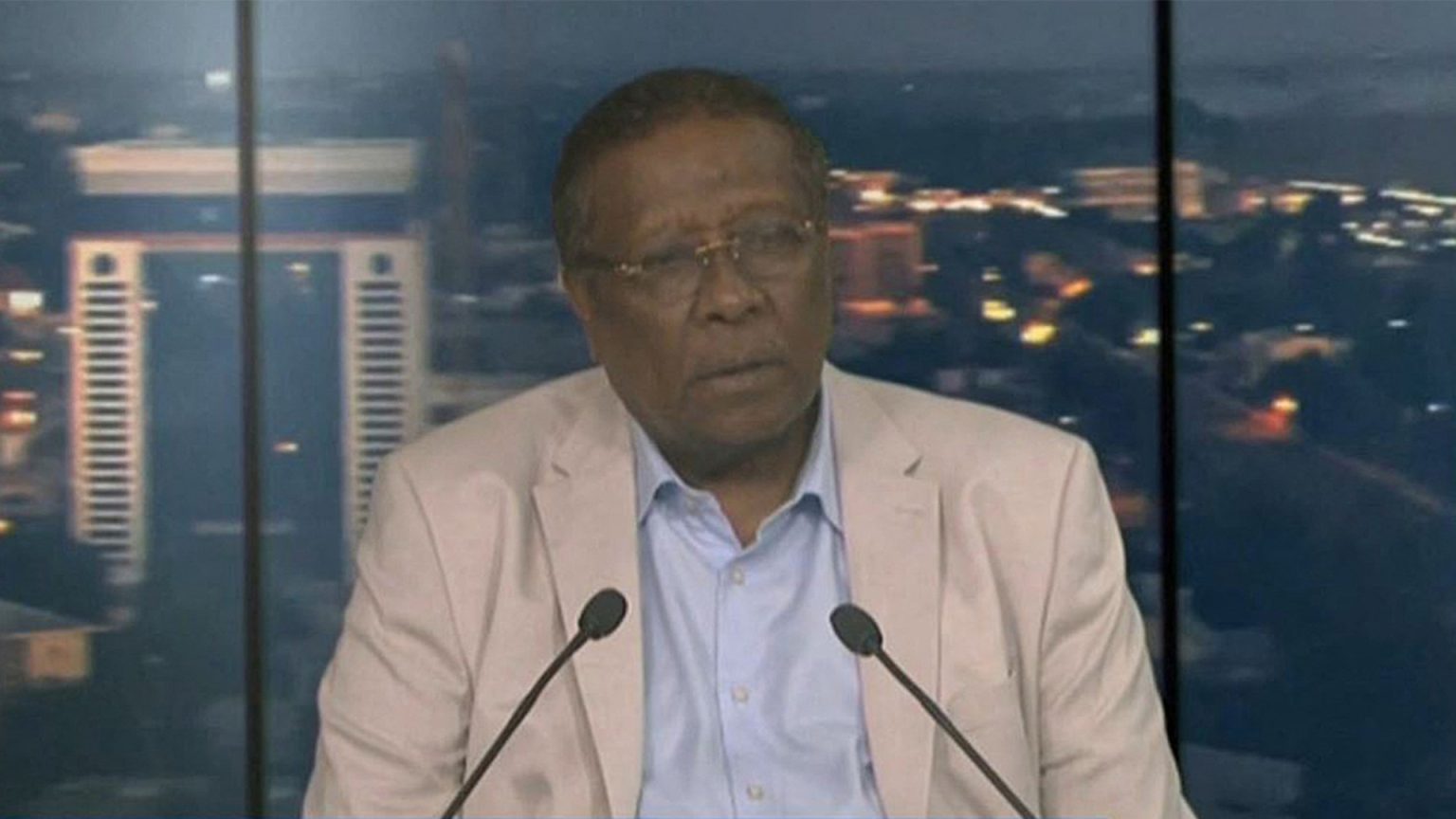On April 20, 2021, Chad’s long-serving president, Idriss Déby Itno, was killed during clashes with rebels in the north of the country. This event marked a pivotal moment in Chad’s history, triggering a complex succession process and raising concerns about stability in the Sahel region. Déby, who had ruled for over three decades, was a key ally in the Western fight against Islamist extremism in the region. His sudden death left a power vacuum and raised questions about the future direction of both Chad’s internal politics and its role in regional security. While the official narrative pointed towards his death occurring on the battlefield, ambiguities and conflicting reports surrounding the circumstances of his demise fueled speculation about potential internal power struggles within the ruling elite. The announcement of his death was met with both shock and uncertainty both within Chad and internationally.
Immediately following the announcement of Déby’s death, a military council, officially the Transitional Military Council (TMC), was established, headed by his son, Mahamat Idriss Déby. The TMC dissolved the parliament, suspended the constitution, and promised to hold elections in 18 months. This rapid seizure of power by the military, while ostensibly aimed at maintaining stability, bypassed established constitutional procedures and raised concerns about a potential dynastic succession, effectively circumventing the democratic process. Many opposition groups and civil society organizations criticized the move as a coup d’état, arguing that it undermined the constitutional framework and perpetuated military dominance in Chadian politics. International actors, including the African Union and the European Union, while acknowledging the need for stability, expressed concerns about the transition process and urged the TMC to adhere to constitutional norms and facilitate a swift return to civilian rule.
The legitimacy of the TMC was contested from the outset, both domestically and internationally. Critics argued that the military council lacked the constitutional mandate to govern and that its actions represented a blatant power grab. Opposition within Chad called for a more inclusive transition process, demanding greater civilian participation in the interim government and guarantees for a free and fair electoral process. External pressure from international organizations and Western governments, including France, a long-time ally of Chad, focused on urging the TMC to honor its commitment to holding elections within the stipulated timeframe and to refrain from consolidating its power beyond the transitional period. Concerns about the TMC’s commitment to democratic principles and human rights were further fueled by reports of crackdowns on protests and restrictions on freedom of expression.
The death of Idriss Déby and the subsequent power transition had significant repercussions for the Sahel region. Chad, under Déby’s leadership, played a crucial role in regional counter-terrorism efforts, contributing troops to multinational forces combating extremist groups in the Lake Chad Basin and the Sahel. The uncertainty surrounding the transition and the potential for instability in Chad raised concerns about the capacity of the country to maintain its security commitments. Neighboring countries and international partners worried about the potential spillover effects of any instability in Chad, particularly the possibility of increased cross-border movement of extremist groups and a further deterioration of the security situation in the already volatile region. The international community, recognizing the strategic importance of Chad in regional security architecture, emphasized the need for a stable and peaceful transition to preserve its role in counter-terrorism operations.
The transitional period in Chad was marked by political tensions, social unrest, and continued security challenges. The TMC faced ongoing pressure from opposition groups demanding a more inclusive transition process and a clear roadmap towards civilian rule. Protests against the military regime were met with repressive measures, raising concerns about human rights violations. Simultaneously, the country continued to grapple with the threat of extremist groups operating within its borders and in the wider Sahel region. The TMC’s ability to effectively address these security threats while managing the complex political transition remained a critical challenge. The confluence of these internal and external pressures underscored the fragility of the situation and the need for a carefully managed transition that prioritizes both security and democratic principles.
The death of Idriss Déby marked a watershed moment in Chadian history, leaving behind a legacy of both stability and authoritarianism. While lauded for his role in regional security, his long rule was also marked by accusations of human rights abuses and suppression of dissent. The transition period following his death exposed the underlying fragility of the Chadian state and the challenges of balancing security imperatives with the need for democratic progress. The long-term impact of Déby’s death and the subsequent transition will depend on whether the military council honors its commitment to a return to civilian rule, implements meaningful reforms to address the grievances of the population, and navigates the complex regional security landscape. The international community’s continued engagement and support will be crucial in helping Chad navigate this critical juncture and ensuring a peaceful and democratic future.

